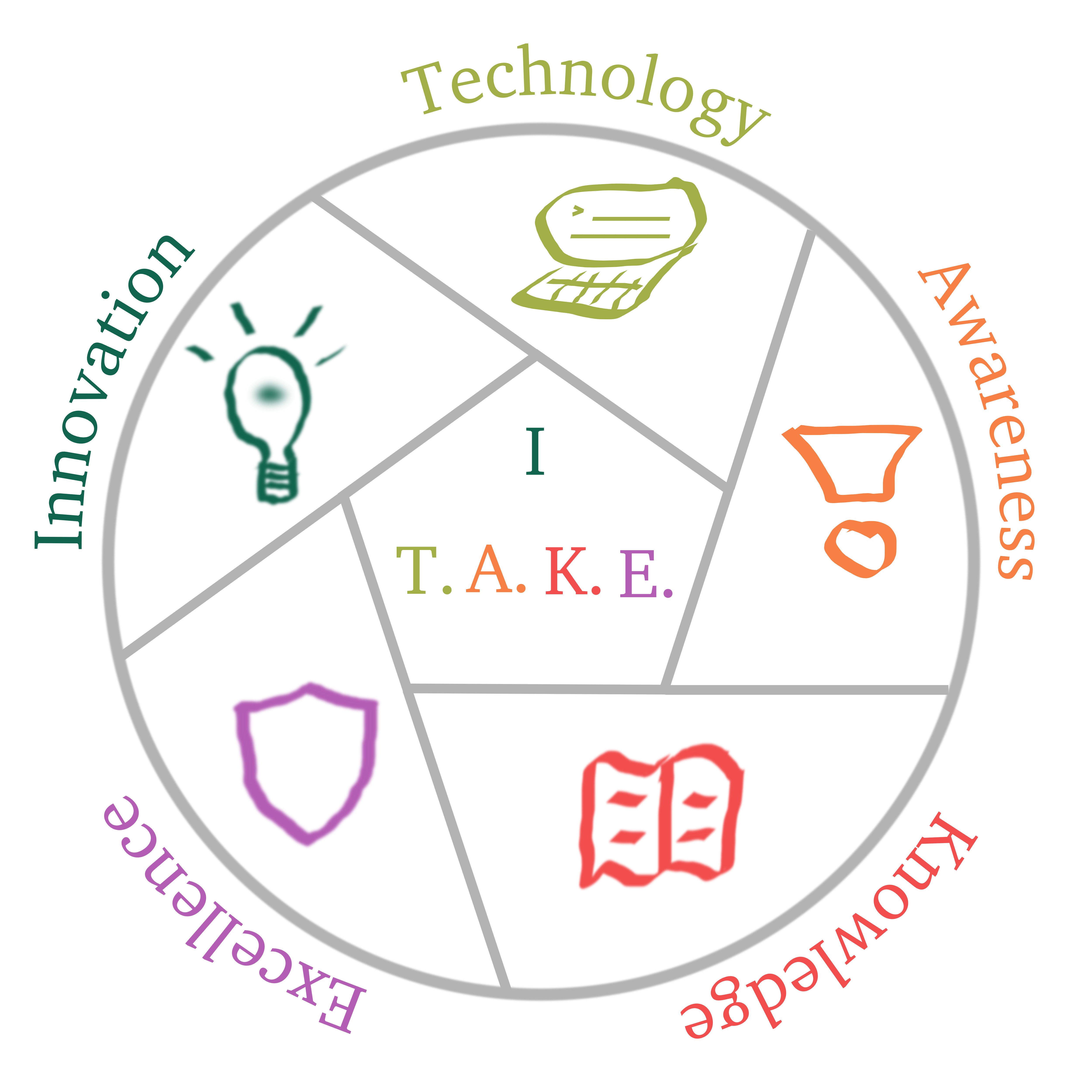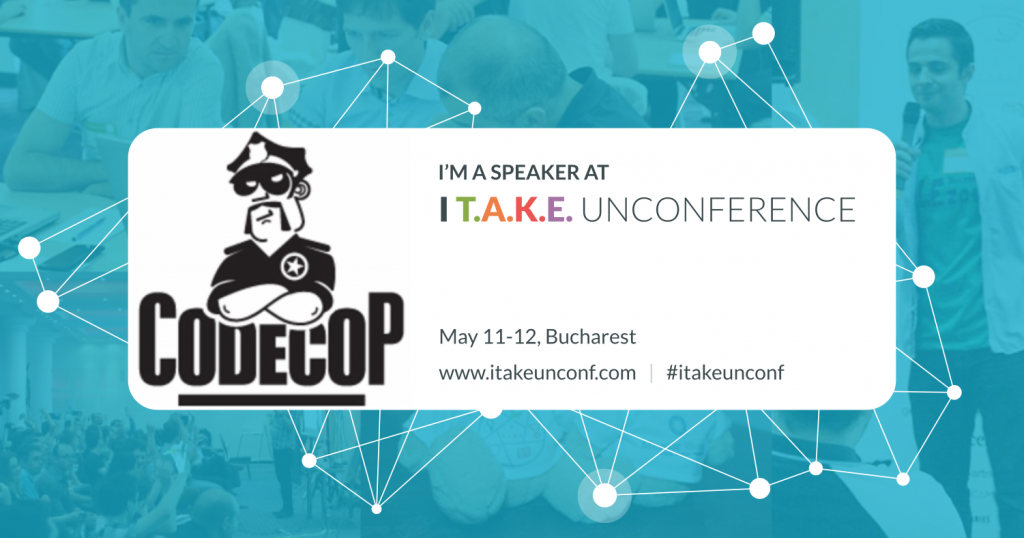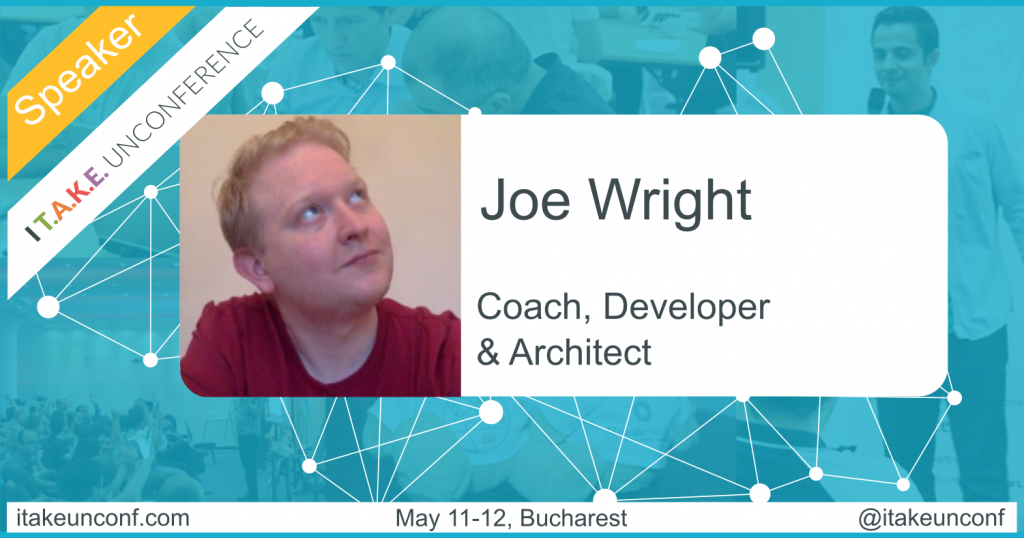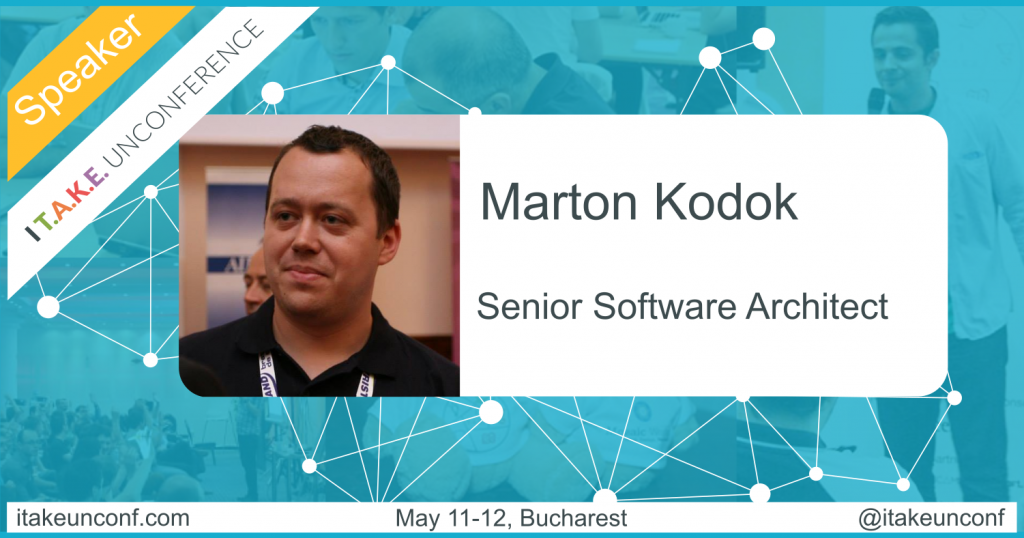I T.A.K.E. Unconference Day 2 – Slides & Videos
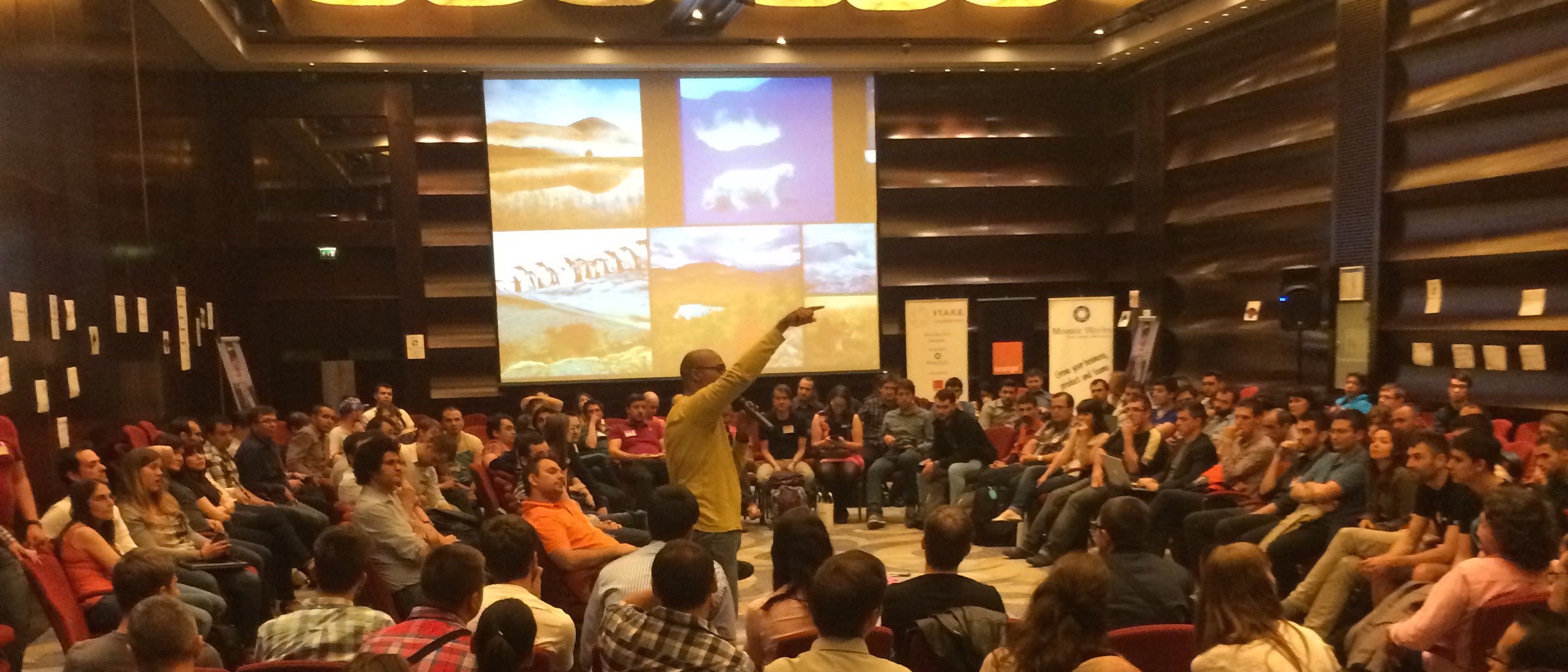
An unconference is as special as its participants. Thank you everyone – Speakers, Facilitators, Bumblebees & Butterflies for working all together, writing code, pairing, solving problems while discussing, listening and sharing knowledge.
After such an awesome gathering of practitioners, we are happy to share the presented slides.
Structured by tracks, find them all below.
I T.A.K.E. Unconference Day 2 – Slides & Videos
Keynotes
 James Lewis: Microservices – Systems That Are #neverdone
James Lewis: Microservices – Systems That Are #neverdone
![]() Andrea Mocci: Beautiful Design, Beautiful Coding
Andrea Mocci: Beautiful Design, Beautiful Coding
Hardcore Programming
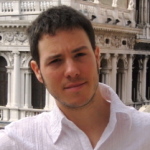 Cyrille Martraire: Monoids, Monoids Everywhere!
Cyrille Martraire: Monoids, Monoids Everywhere!
 Stefan Kanev: Advanced Vim dotfiles
Stefan Kanev: Advanced Vim dotfiles
 Adrian Bolboacă: Architecture for Disaster Resistant Systems
Adrian Bolboacă: Architecture for Disaster Resistant Systems
Incremental Development

 Marcin Drobik & Krzysztof Szabelski: From Zero to Hero: Business Increment in 30 Minutes
Marcin Drobik & Krzysztof Szabelski: From Zero to Hero: Business Increment in 30 Minutes
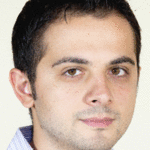 Flavius Ștef: Big Rewrites Without Big Risks
Flavius Ștef: Big Rewrites Without Big Risks
Technical Leadership
 Patroklos Papapetrou: How to Boost Development Team’s Speed
Patroklos Papapetrou: How to Boost Development Team’s Speed
Design
 Alex Bolboacă: Usable Software Design
Alex Bolboacă: Usable Software Design
Architecture
 Thomas Sundberg: Walking Skeleton
Thomas Sundberg: Walking Skeleton
 Johannes Edelstam: The API of the API (with intelligence on top)
Johannes Edelstam: The API of the API (with intelligence on top)
Web
 Aki Salmi: Object Oriented Views
Aki Salmi: Object Oriented Views
 Tim Perry: Your Web Stack Would Betray You In An Instant
Tim Perry: Your Web Stack Would Betray You In An Instant
See also: Day 1 Slides & Videos
We hope to see you again at the next I T.A.K.E. Unconference.
The recorded videos are now being processed. Stay tuned.
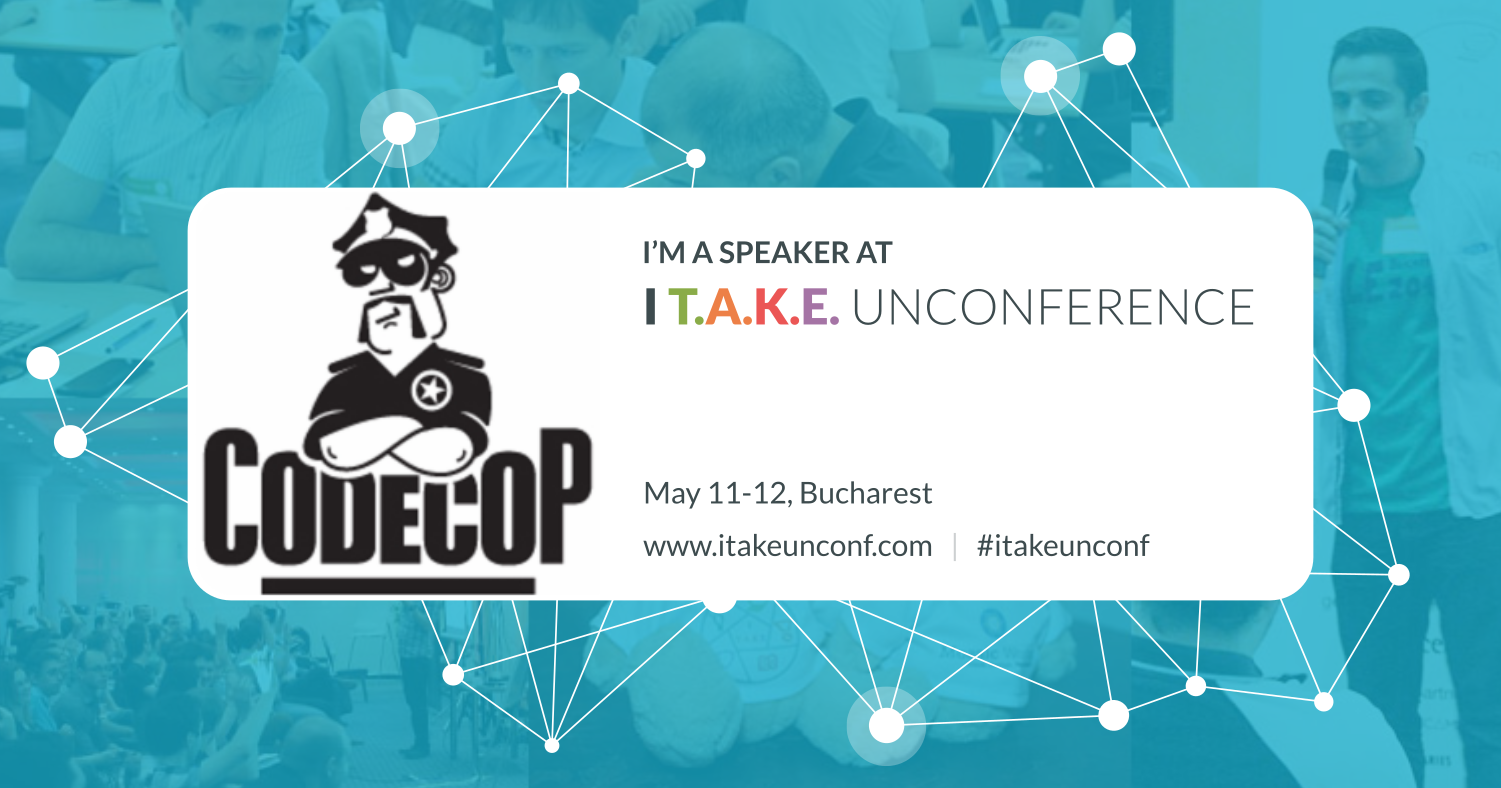
Brutal Building Constraints
Enjoy the following series of interviews with the speakers, top-notch software crafters from across Europe, joining I T.A.K.E Unconference, Bucharest, 11-12 May. Discover the lessons learned and what drives them to challenge the known path in their field.
Peter Kofler is a software developer since 17 years and still enthusiastic about writing code. At I T.A.K.E Unconference, he will share more about Brutal Coding Constraints.
#1. Please share with us 5 things you did that helped you grow & become the professional you are today
1. The biggest thing I did that changed me was a Journeyman Tour. For three months I visited different companies in Vienna and paired with their developers. See here for more information. (Three Month Journeyman Tour)
2. This included a lot of pair programming with strangers. I like pair programming and make use of it to learn from others. (Pair Programming)
3. I did (and still do) a lot of Code Katas to practice and experiment with code, patterns, and design. (Code Katas)
4. Try to continuously improve.
5. Read technical books.
#2. What challenges will the participants find solutions to during your session at I T.A.K.E Unconference 2017?
Yes, my session, the Brutal Coding Constraints, is a real challenge. It challenges our perception of Object Orientation and aims to deepen our understanding.
#3. Recommend for the participants 3 sources you find inspiration from and would help them better understand you
* Michael Feathers – The Deep Synergy Between Testability and Good Design
* Bryan Liles – TATFT – Test All the F…in Time
* J.B. Rainsberger – The Worlds Best Introduction to TDD
Want to join Peter and ~300 software crafters from around Europe?
Register now for I T.A.K.E Unconference 2017!
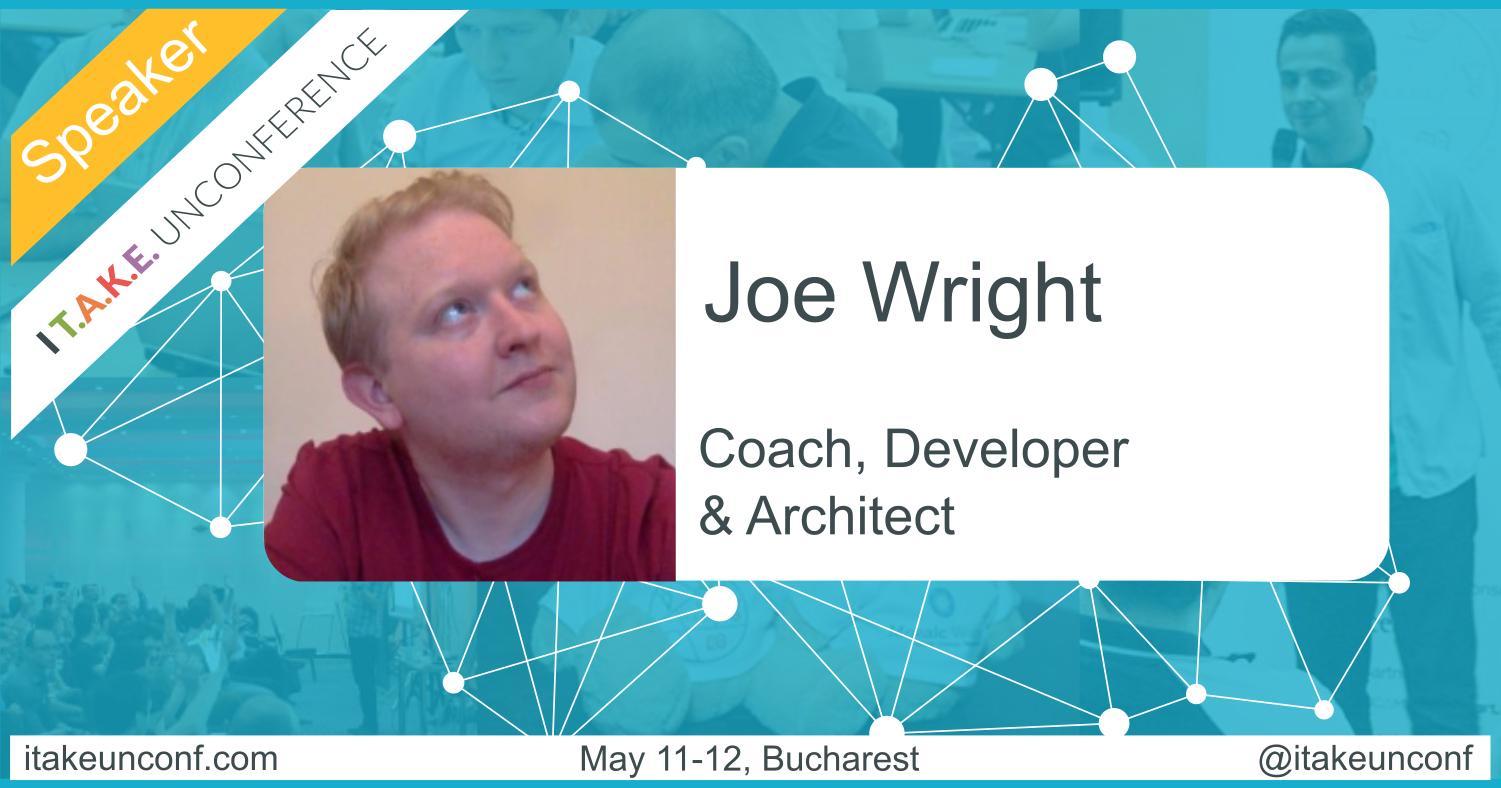
16 years of legacy code with mob programming and Lego | Joe Wright
#1. Share with us 5 things from your experience that helped you grow & become the professional you are today
Seek out opportunities to see the world from the other functions in software. If you tester goes on holiday then volunteer to stand in for them. If you have an ops team then ask to pair on making the release process smoother. Facilitate a retrospective for another team. Run a usability session with real world users to see how your product is used. Stepping into another roles shoes helps build empathy, which will allow you to work better with others people in the future.
#2. What challenges will the participants find solutions to during your session at I T.A.K.E Unconference 2017?
- How can I reduce communication, approval, and tech debt issues from slowing down my team?
- How can I measure and improve how a dev team spends their time?
- How can I get started doing this at my work?
#3. Recommend for the participants 3 sources you find inspiration from and would help them better understand you
- Deep Work: Rules for Focused Success in a Distracted World by Cal Newport (book)
- Facilitation advice – available here
- The Goal by Eliyahu M. Goldratt and Jeff Cox (book)
Want to join Joe, +30 international speakers and ~300 software crafters from around Europe?
Register now for I T.A.K.E Unconference 2017!
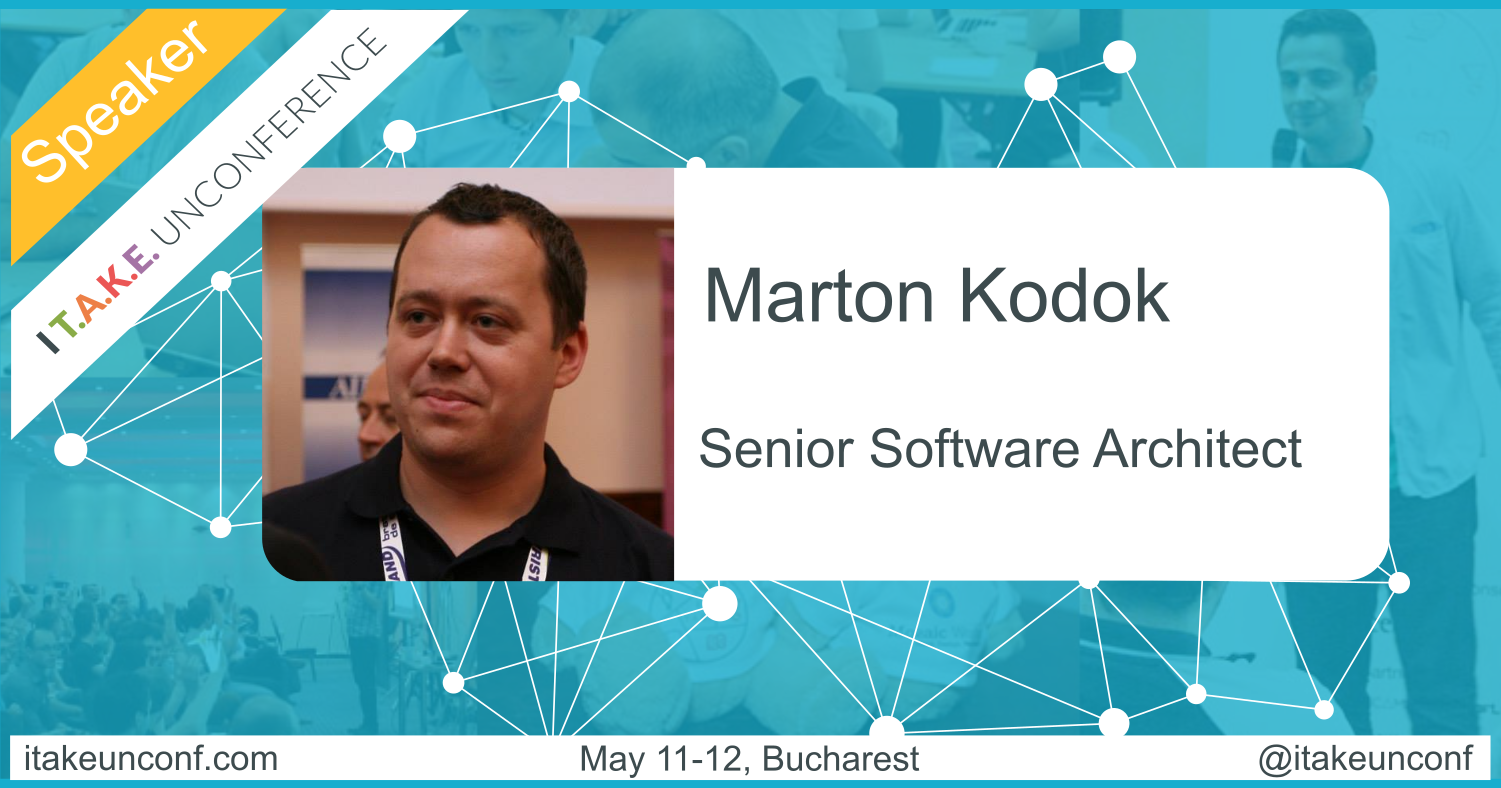
Powering Interactive Data Analysis with Google BigQuery
#1. Please share with us 5 things you did that helped you grow & become the professional you are today
#2. What challenges will the participants find solutions to during your session at I T.A.K.E Unconference 2017?
#3. Recommend for the participants 3 sources you find inspiration from and would help them better understand you
Want to join Marton and ~300 software crafters from around Europe?
Register now for I T.A.K.E Unconference 2017!
